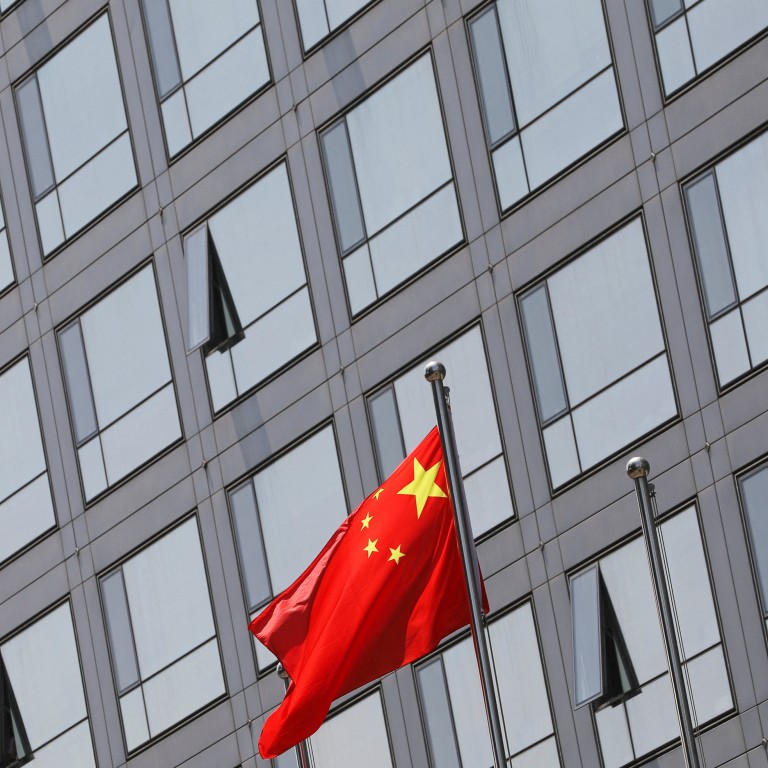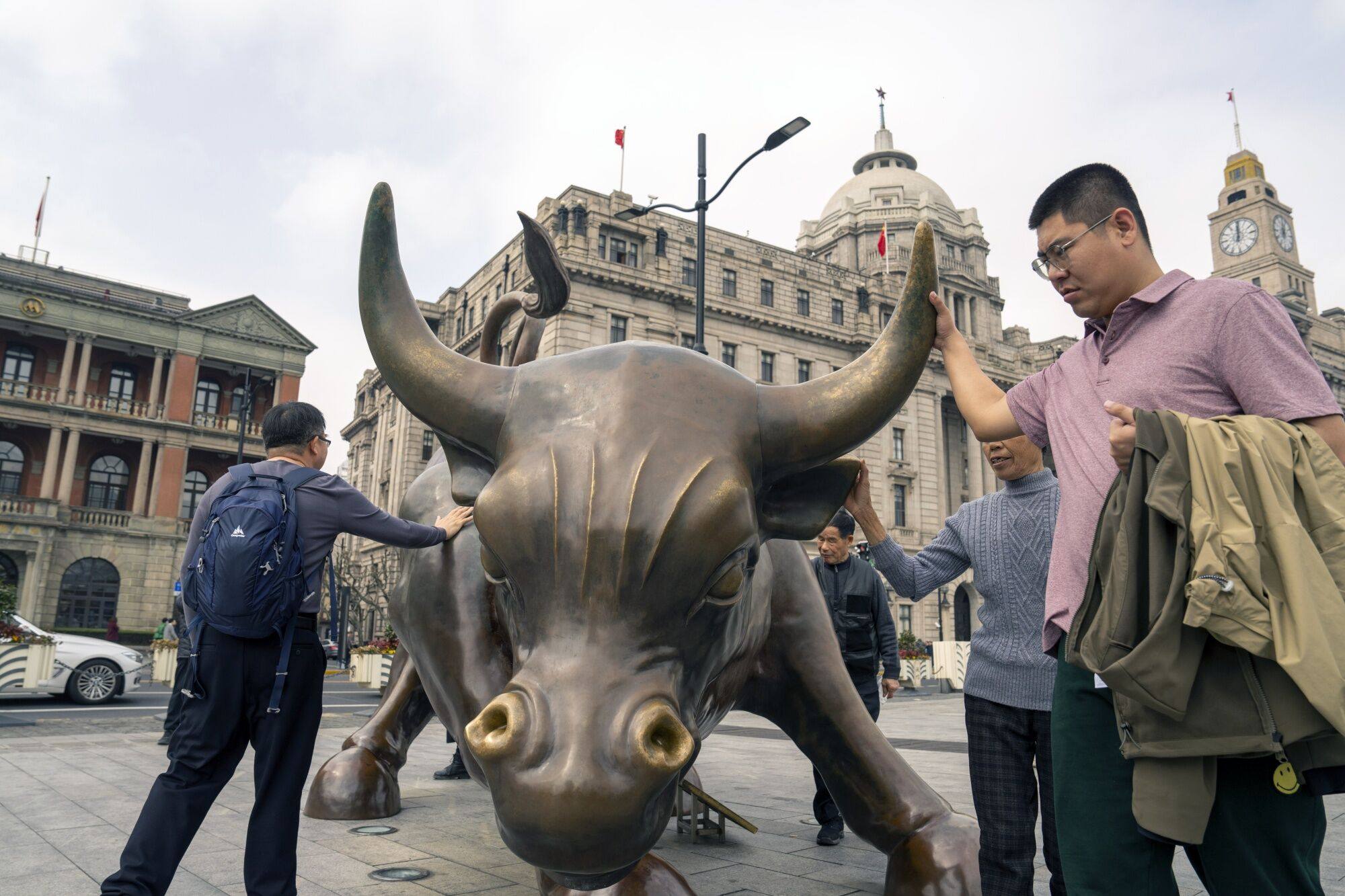
China’s securities watchdog revising investment-fund laws to boost accountability, confidence in line with 9 guidelines
- The role of fund managers and custodians will be strengthened, and the cost of rule violations will increase substantially, a lawyer says
- ‘Likely rise of institutional capital and ETFs could boost the “quality premium” for large-cap stable growers,’ according to Goldman Sachs
China’s stock-market watchdog is actively revising the country’s long-standing securities investment fund law, with analysts anticipating increased accountability for fund managers and greater confidence among overseas investors.
“The role of fund managers and custodians will be further strengthened, and the cost of illegal activities and rule violations will increase substantially,” said Su Jinyu, an associate at Jingtian & Gongcheng, a Beijing-based law firm.
“The revised securities investment fund law could further enhance the protection system for small and medium-sized investors by clearly stipulating fund managers’ suitability obligations.”

Suitability obligations require financial institutions to sell suitable products to clients to prevent issues relating to information asymmetry.
The State Council’s rules around private investment funds, unveiled in July 2023, stipulated that “the administrative measures for foreign-funded privately offered fund managers shall be formulated by the securities regulatory authority of the State Council together with the relevant departments under the State Council.”
This left room for making relevant rules in the future, and the proposed revision of the securities investment fund law may respond to the above issues related to foreign investors, according to Su.
The nine guidelines are the third iteration of the country’s rules around capital markets regulation. The first two iterations were published in January 2004 and December 2013, respectively.
“The policy focus has shifted from ‘reform and opening up’ in 2004 and ‘development’ in 2014 to ‘supervision’ and ‘high quality’ in the latest [guidelines], in line with the broader economic and strategic directions set out by senior policymakers,” Goldman Sachs analysts wrote in a note on Tuesday.
China’s watchdog finds winning strategy for investors in US$9 trillion market
“The likely rise of institutional capital and ETFs could boost the ‘quality premium’ for large-cap stable growers,” Goldman Sachs said.
The CSRC’s push for the revamp also follows its on-site inspections of several mutual-fund companies in mid-March amid efforts to strengthen management in the country’s US$3.8 trillion mutual-fund industry.
Before that, the watchdog published draft rules in December to cut the trading commissions of mutual funds and stipulated that fund managers should not use commissions to pay for third-party services such as outside consultancy and financial terminals.
Mutual-fund companies across China saw their management fees slide by 7.6 per cent year on year to 133.3 billion yuan (US$184.1 billion) in 2023, according to a report published in March by TX Investment Consulting, a securities research firm.

